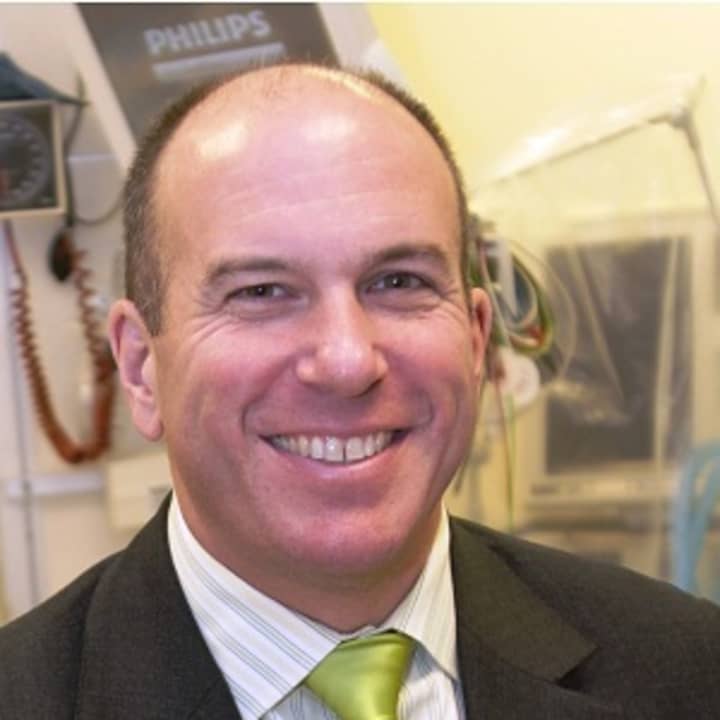The holiday season is traditionally a joyous time of year. Sadly, this time is often marred by unnecessary and preventable tragedies. Alcohol related fatalities claim the lives of nearly 12,000 Americans and injure nearly 600,000 more every year. The holiday season and New Year’s is a time for fun and celebration but, unfortunately, it can also be a time of tragedy. In the U.S., someone dies in an alcohol-related traffic crash every 30 minutes and 3 out of every 10 Americans face the possibility of being directly involved in an alcohol-related traffic crash during their lifetime.
“Because everyone is different and responds differently to alcohol, it is difficult to give specific advice about drinking to any one individual,” said Dr. Ivan Miller, Director of the Emergency Department at Westchester Medical Center. “However certain facts always remain clear—despite what we may have seen in the movies, there is no way to speed up the brain’s recovery from alcohol and no way to make good decisions when you have had too much to drink in a short period of time. On an evening like Christmas Eve or New Year’s Eve or any other evening, for that matter, rapid consumption of alcohol is especially dangerous and as we often see, can have deadly results.”
Experts agree that you should not underestimate the effects of alcohol. Don’t think you can beat them or that you can pace yourself or rely on some urban legend for sobering up. One of these myths about drinking and driving is that serving coffee helps people become sober. IT WILL NOT. Only time can reduce the effects that alcohol has on the brain and the body. In a given person, the duration of alcohol intoxication is primarily determined by the amount of alcohol consumed.
Even after someone stops drinking, alcohol in the stomach and intestines continues to enter the bloodstream and circulate through the body. The blood alcohol level may continue to rise, even after the last drink is consumed. As a result, judgment and coordination can continue to deteriorate for some time AFTER the last drink.
“Obviously, no one intends to harm anyone when they get behind the wheel after a holiday celebration. Yet traffic fatalities persist and the myths about drinking live on—even though scientific studies have documented how alcohol affects the brain and body. Even blood alcohol levels well below the legal limit will adversely affect judgment and coordination. Remember, every alcohol related fatality is preventable. The best thing you can do this holiday season is to make plans to get home safely before you arrive at the party and pick a designated driver. Before you have the first drink, think about the consequences of an arrest or a potentially fatal traffic crash,” added Dr. Miller. “Remember, even low levels of alcohol in the body may interfere with the plan to drink less. That is why a designated driver is such an important part of reducing harm whenever alcoholic beverages are part of the party, and why for some, the FIRST drink is the most dangerous.”
Some sobering statistics:
- In 2012 deaths in crashes involving drunk drivers increased 4.6 percent in 2012, taking 10,322 lives compared to 9,865 in 2011*.
- The majority of those crashes involved drivers with a blood alcohol concentration (BAC) of .15 or higher – nearly double the legal limit*.
- Sadly, this year over 10,000 Americans will lose their lives in alcohol related crashes accounting for nearly one-third (31%) of all traffic-related deaths in the United States.
- Additionally, nearly 600,000 Americans will be injured in alcohol-related traffic crashes this year.
- 21-34 year-old drivers are responsible for nearly 60% of all alcohol-related traffic crashes.
- According to the Centers for Disease Control and Prevention (CDC) even with a blood alcohol level of .05%, “less than the legal limit,” a person’s behavior, responsiveness and control behind the wheel is greatly affected.
*National Highway Traffic Safety Administration statistics. Fatality Analysis Reporting System (FARS)
Stay safe this holiday season… Don’t drink and drive!


